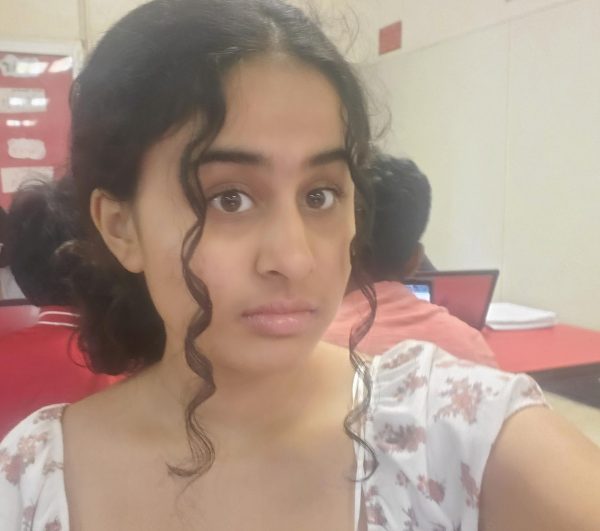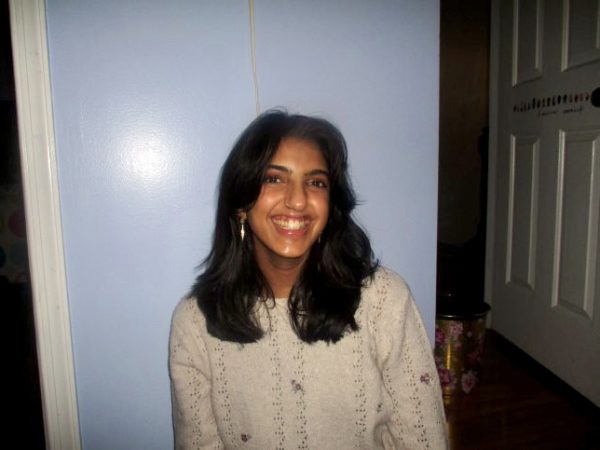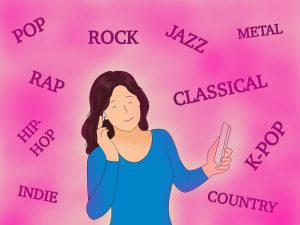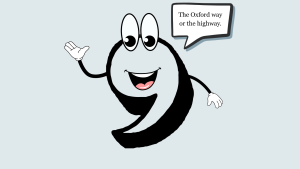After: Beloved Romance or Problematic FanFic?
November 7, 2022
Almost every movie, book series, and TV show has a group of diehard fans, who are practically willing to risk their lives to defend their favorites. Say something about Harry Potter and you’ll surely have an angry mob of Potterheads chasing you, shouting “Avada Kedavra!” Say something about One Piece and fans will spend days telling you how the show gets interesting after episode 659. Most of the time, people can understand some of the hype behind all the so-called overhype. But what about those books, TV shows, and movies that simply cannot be defended?
One such series is After by Anna Todd. Todd originally wrote the books as a Harry Styles fanfiction on Wattpad, a popular online platform for people to create their own stories. The story revolves around Tessa, the stereotypical good girl, and Harry (later changed to Hardin), the typical bad boy. Todd’s story took off, amassing over 707 million reads (as of October, 2022) on Wattpad. The fanfictions became so popular that they were adapted into an actual book and movie series. The first book came out in 2014, and the first movie came out in 2019. The original Wattpad book has over 11.2 million votes, the Wattpad equivalent of likes, and all the books on Amazon have close to five stars, showcasing After’s loyal fanbase. At first glance, the series seems to be everything it claims to be. After all, why would people create a movie on a series if it was so horrible? Why would people be down on their knees, worshiping such a horrible series?
As it turns out, After is most definitely not all it is cracked up to be. In fact, it proves to be problematic, even downright dangerous. Primarily, the story uses one of the most overused clichés of all time—the good girl meets bad boy. Of course, not every story that uses a cliché is a bad story. To All the Boys I’ve Loved Before uses the love triangle cliché, yet the series makes for an interesting, lighthearted read.
You may think to yourself, if it is okay for one series to implement a cliché, why can’t another series implement it? Primarily, the “good girl” in this cliché is usually what is widely known as a “pick me girl” because she puts down other women in order to be “different” or receive validation from men. Seeing this type of behavior in novels and movies encourages young girls to put down their fellow women in hopes of impressing the guy they like. Subconsciously, young girls begin to believe that being considered “good” must mean that they have to criticize other women.
Furthermore, After glorifies abuse and toxicity. In one scene, Hardin sneaks into Tessa’s room while she is in the shower. Later, when she asks him to leave, he refuses and insinuates that she is not pretty enough for him to look at. This toxic viewpoint makes girls believe that they should only be respected if they are good-looking in the eyes of a man. Moreover, this reduces women to their looks, and not their character. Nevertheless, this toxic viewpoint is viewed as a “romantic” start to the relationship. In addition, Hardin continues to abuse Tessa throughout the film because of his own jealousy. He constantly questions her motives and choices, and he berates her for talking to other men as well. He constantly gets into fist fights with other men when they interact with Tessa, depicting his insecurities. His explanation for this controlling behavior is his childhood trauma; however, having trauma does not give you the right to terrorize other people and give them trauma. Young people, especially young girls, will look at this behavior and start to romanticize it. Hardin’s behavior sends a dangerous message that abuse is equal to love, and this message can send many naive teens and young adults into toxic relationships.

























































































